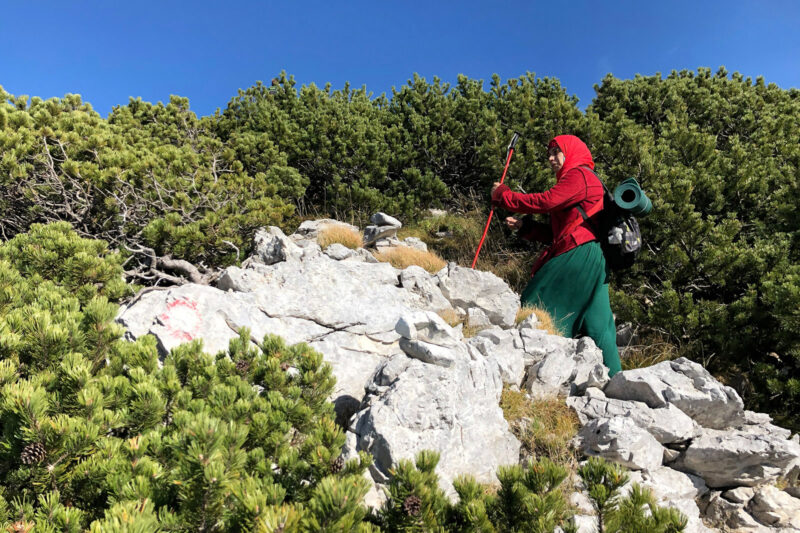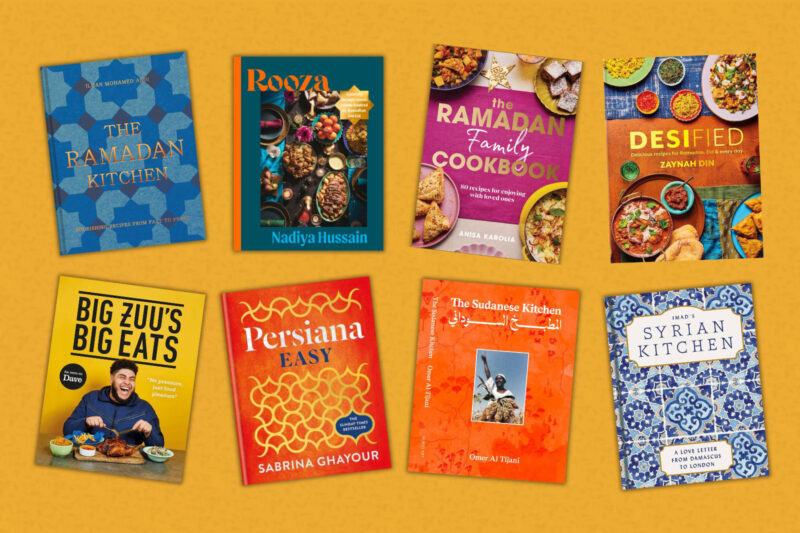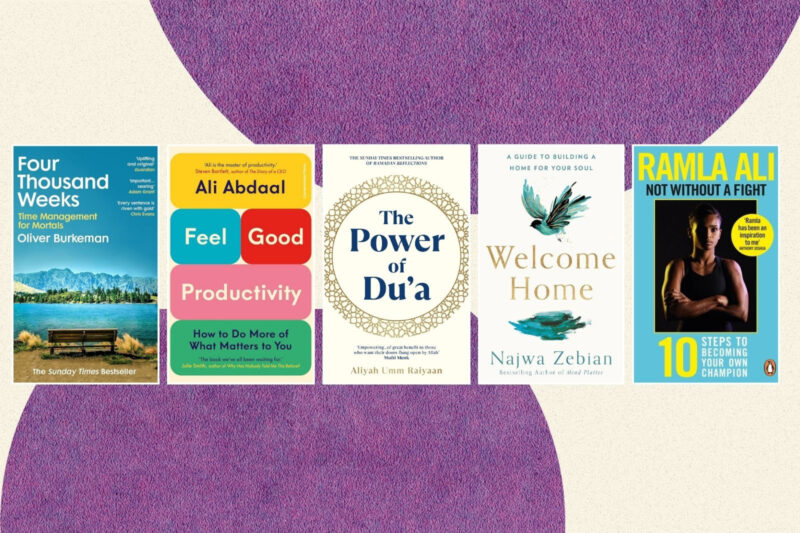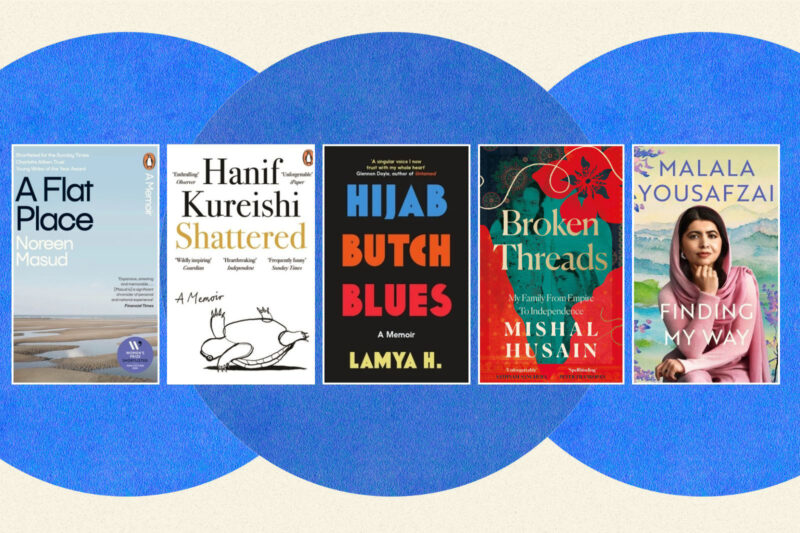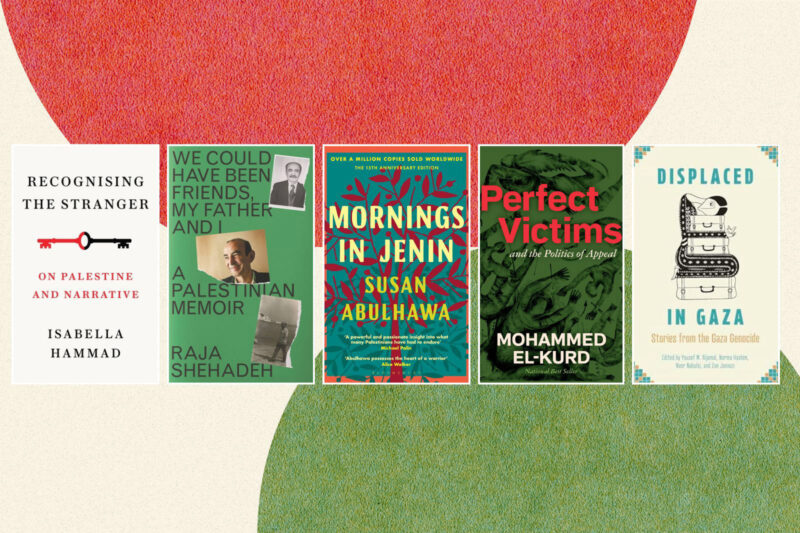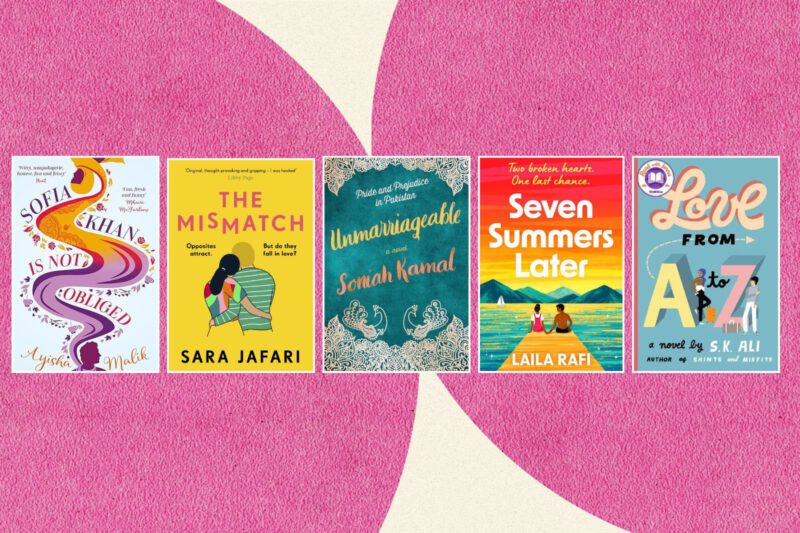Top travel books to transport you to faraway places
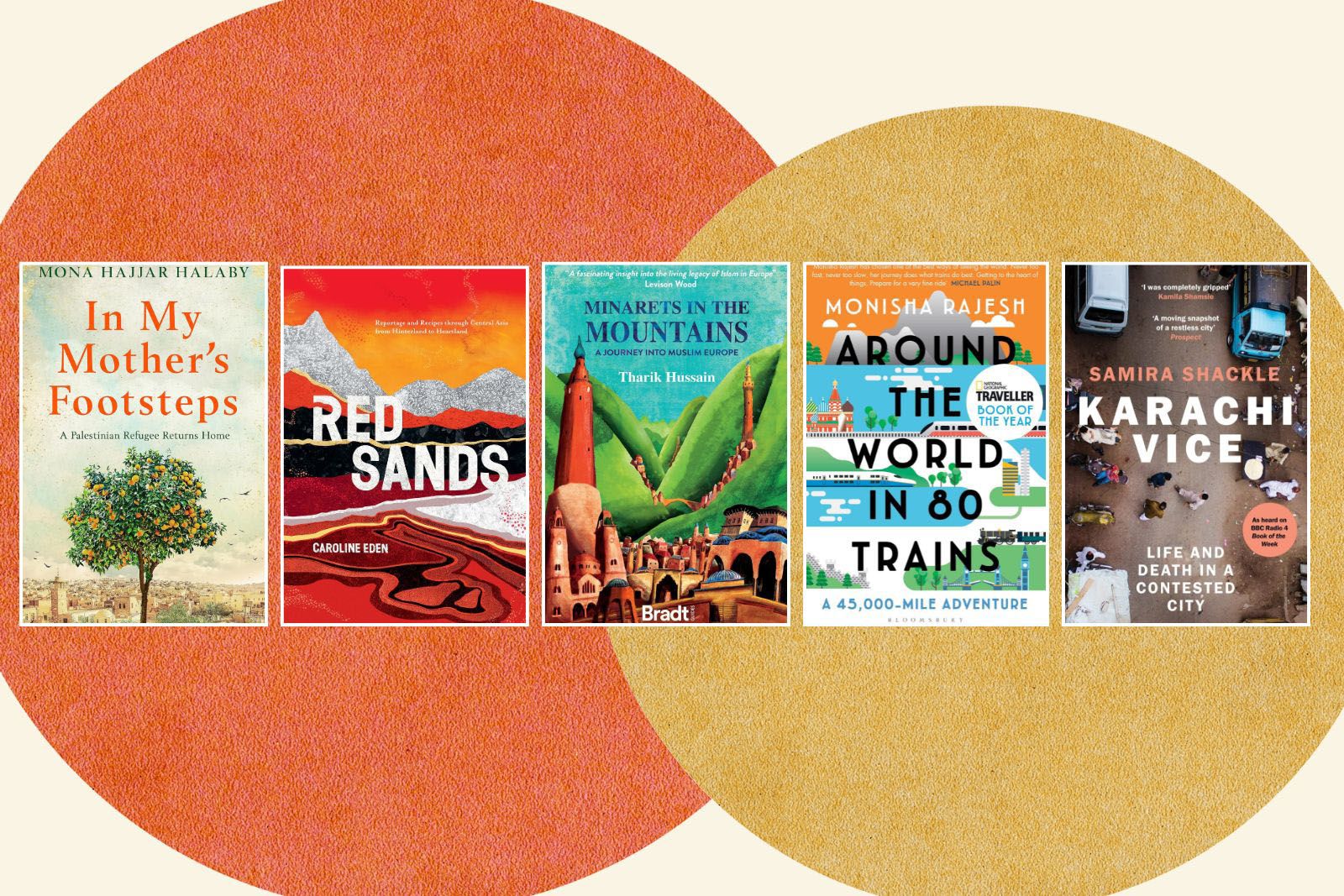
Writing that reminds us just how beautiful and vast our world really is
During the pandemic, when the world shrank to the size of my living room, I started to crave adventure again, as I did when I was younger. Physically unable to travel, I found comfort in travel writing and books that transported me to distant places, where I wandered alongside the author through vibrant markets and found quiet in remote mountain villages.
Within those pages, I reawakened a part of myself that yearns for discovery. The words reminded me of just how beautiful and vast our world really is.
Here are five of my favourite travel reads that will transport you to a faraway place. Not all of these are typical travel destination books, but they do offer insights into people and cultures.
Red Sands by Caroline Eden

Caroline Eden is one of the most creative travel writers today, combining reportage with recipes and beautiful photography. Red Sands, the second of her colour trilogy, covers all five countries of central Asia: Kazakhstan, Uzbekistan, Kyrgyzstan, Turkmenistan and Tajikistan. She transports readers to bustling markets, remote tearooms, Soviet-era canteens and the warmth of everyday kitchens, offering a rich tapestry of regional dishes and the human stories behind them.
Red Sands includes dispatches from a trip to a mare milk factory in Karaganda, central Kazakhstan, a visit to a plov and shashlik cafe in Rishton with one of Uzbekistan’s master ceramicists and a reunion with her friend Imenjon in Osh, where they discuss Soviet mountaineering on a tapchan. Being from central Asia myself, I appreciate that Eden avoids the usual exoticism that so often colours portrayals of the region, and instead uncovers authentic and captivating stories.
In My Mother’s Footsteps: A Palestinian Refugee Returns Home by Mona Hajjar Halaby
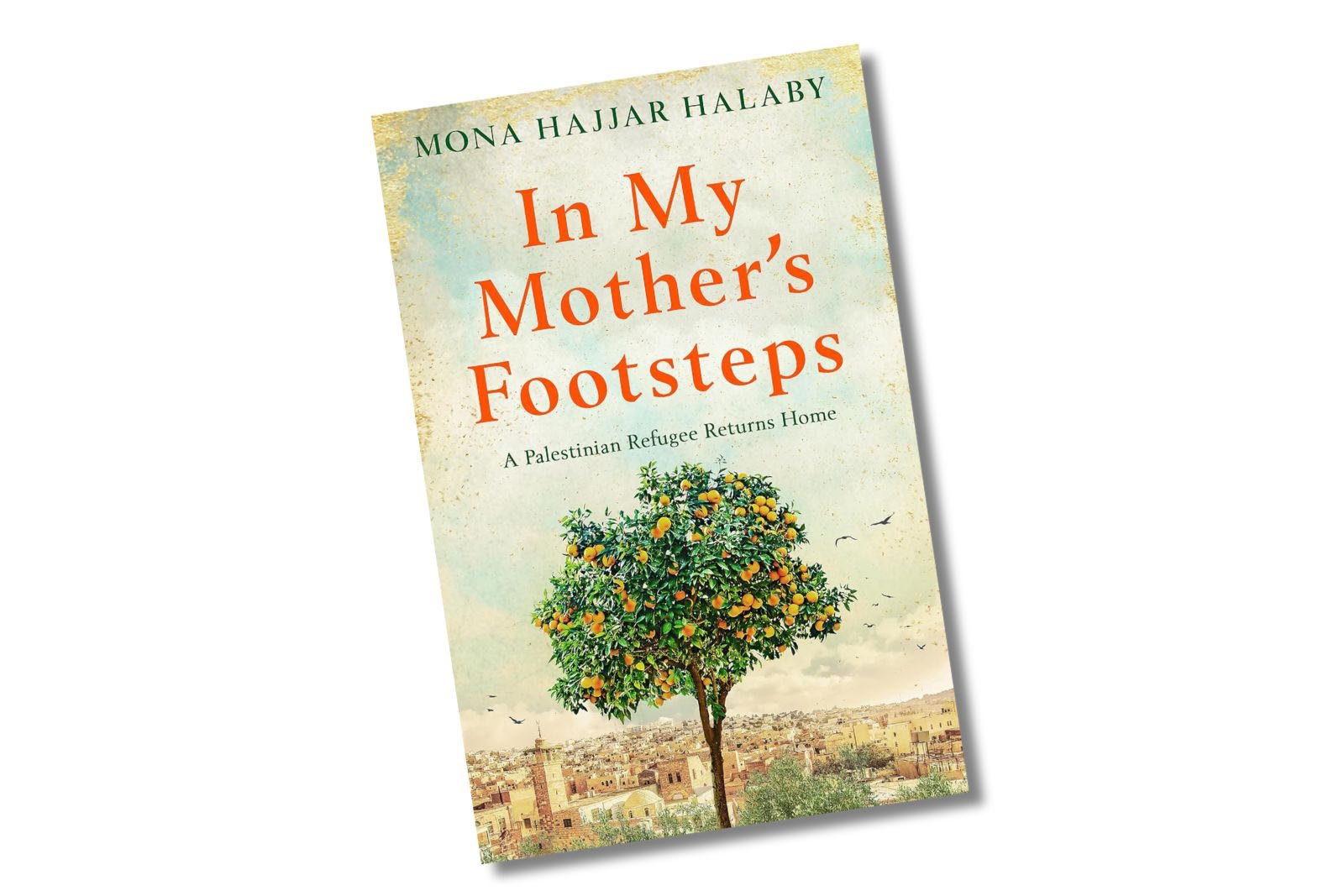
The daughter of Palestinian refugees, Mona Hajjar Halaby grew up in Geneva and later settled in California, where she worked as an educator. In My Mother’s Footsteps is the story of the year she moved to the West Bank to teach conflict resolution at a local school in Ramallah. Alongside vivid observations of her classes — where she witnesses the trauma inflicted on these children by the Israeli occupation — is Halaby’s own journey into her Palestinian roots and the home her mother was forced to leave.
Throughout the year she spends in Ramallah, her mother writes her letters, woven into the book, rich with family history, memories of love and loss. The letters guide Halaby, helping her retrace the world her mother had left behind. In a beautiful conclusion, Halaby’s mother eventually joins her in Palestine, but this time, it is the daughter leading the mother through the rapidly changing landscape.
Amid the ongoing genocide in Gaza and escalating violence in the West Bank, this book will transport you to the region through words, to learn about Palestinian history and life under Israeli occupation.
Minarets in the Mountains by Tharik Hussain
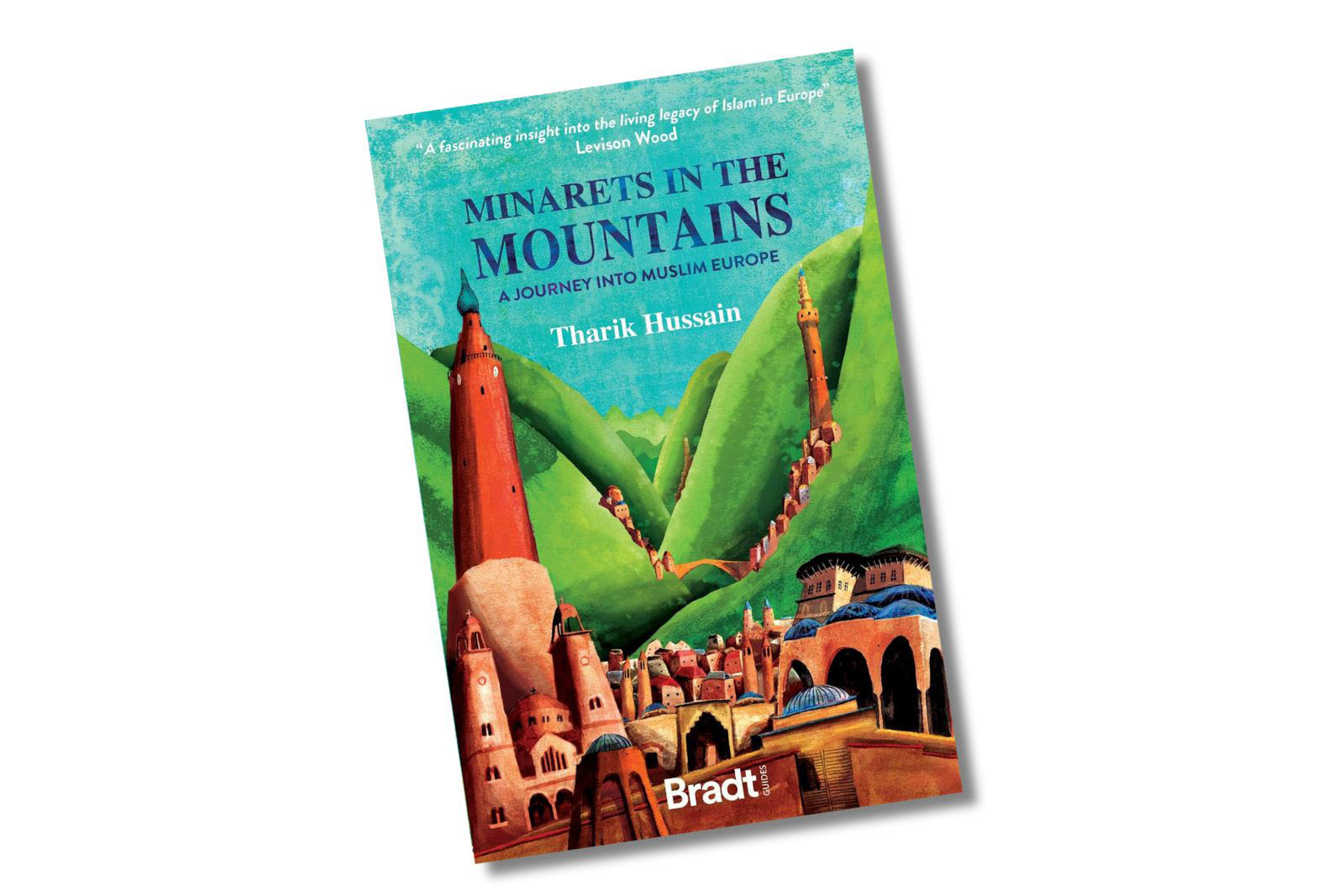
When Tharik Hussain first heard about indigenous Muslim communities in Europe, he decided to go on a journey through the western Balkans to learn more about them and in doing so, challenge the myth that Islam is foreign to the continent.
Minarets in the Mountains is a search for a Muslim Europe that has always existed. “This is what made the Muslims of the Balkans so important,” he writes. “They were not the result of immigration nor were they converts to Islam or been forged in and of Europe. It was an identity entrenched fully in local society. They were European as they were Muslim.”
Hussain sets off with his wife and family to Bosnia and Herzegovina, Serbia, Kosovo, North Macedonia, Albania and Montenegro, following in the footsteps of the Ottoman explorer Evliya Çelebi. They visit historic mosques, tombs and mystical Islamic lodges, Unesco heritage sites, and meet local people who show them generous hospitality. It’s fascinating how culturally diverse Muslim communities are in this region, so much so that the author is taken aback when a Muslim local in Albania offers him a beer. When Tharik explains he doesn’t drink beer, he’s offered something stronger.
While the travelogue leans heavily on Ottoman history — sometimes more than I would have preferred — it opened my eyes to the layers of conflict and change that have shaped the Balkans today, making me want to plan a similar trip in the near future.
Around the World in 80 Trains by Monisha Rajesh
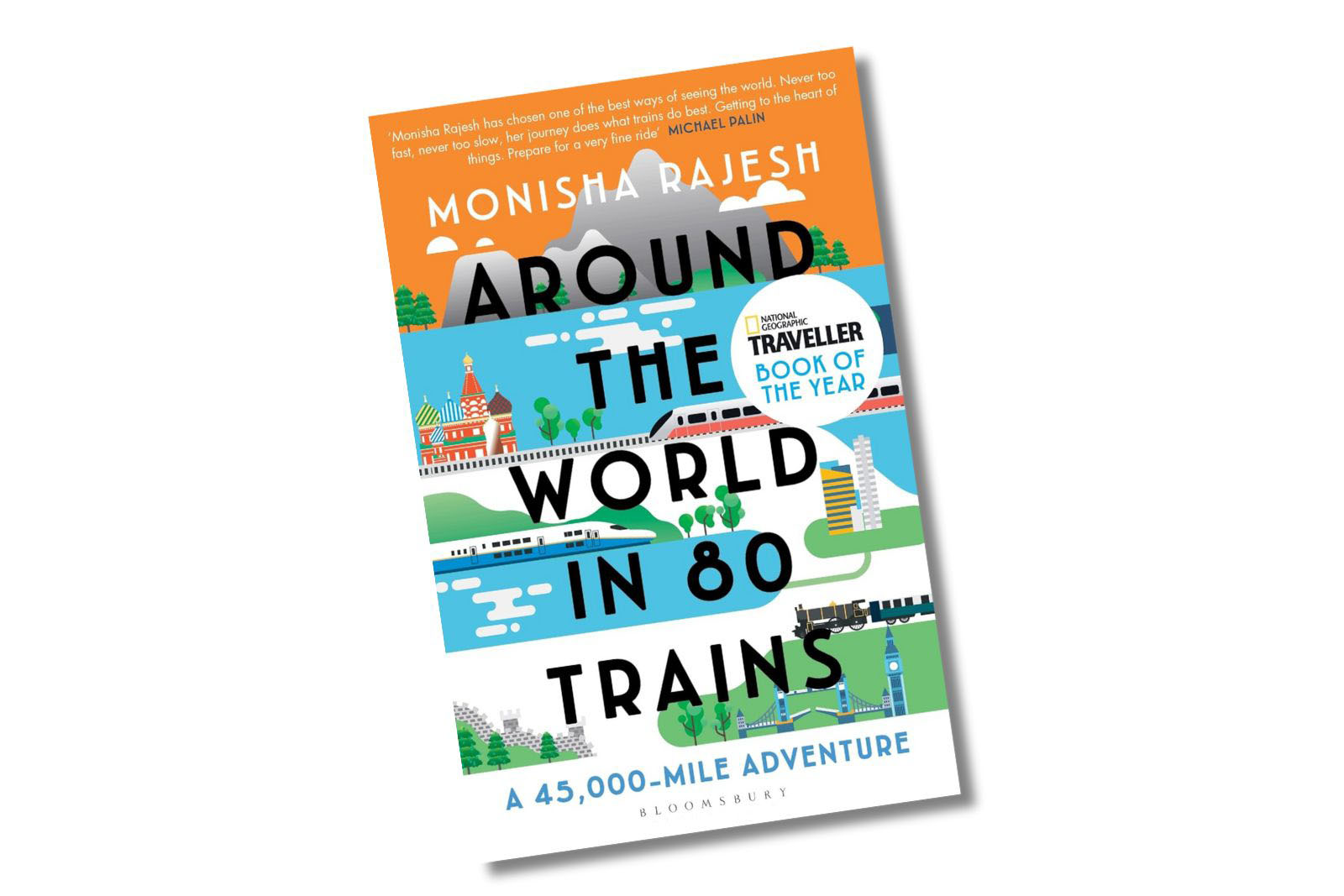
Monisha Rajesh’s Around the World in 80 Trains is a witty and honest memoir capturing seven months of train travel with her fiance, complete with long days spent confined to the same carriage, meals that range from uninspired to downright stale and the inevitable bouts of illness that leave the couple stationary. Rajesh provides a vivid account of what it’s like to travel the world by train, passing through Russia, Mongolia, North Korea and Vietnam along the way.
Beyond the destinations themselves, what I enjoyed most was the glimpse into the chaotic and unpredictable rhythm of this kind of trip. From getting ripped off by laundromats and taxi drivers to experiencing moments of hospitality that go above and beyond, Rajesh’s stories paint a rich picture of life on the rails. One thing becomes clear quickly: every stop feels too brief and every departure is tinged with bittersweet farewells, knowing that most of the people you meet, you will never see again.
Karachi Vice by Samira Shackle
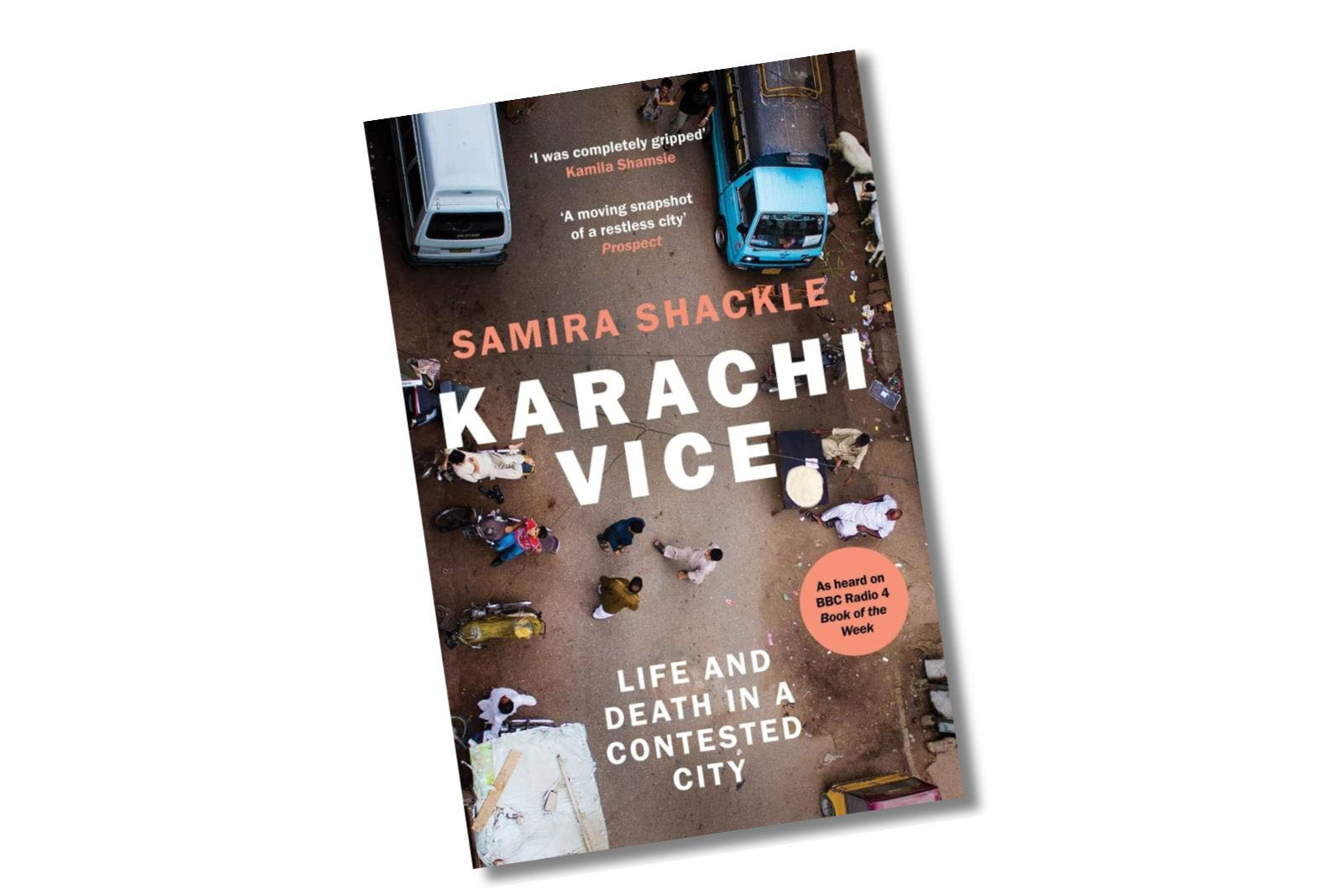
Karachi Vice is a gripping portrait of a city located at the southern tip of Pakistan, along the Arabian Sea coast. Following the lives of Safdar, an ambulance driver, Parveen, an activist and street school teacher, Siraj, a community organiser, Jannat, a Sindhi village woman with children and Zille, a crime reporter, we learn about the metropolis inhabited by 20 million people, where inequality is stark and violence a daily reality.
What impressed me most about Shackle’s writing was how she retells the major events that have shaped Karachi through the eyes of the people we are introduced to, skillfully weaving their personal stories and connecting them. From the outbreaks of gang warfare and terror attacks on Shia Muslims to development projects that displace communities, and the government’s Karachi Operation aimed at cracking down on crime and the city’s powerful groups, we get a real sense of how these forces leave their mark on each individual and their ambitions.
Karachi Vice is a thoroughly engaging, fast-paced work of narrative nonfiction that exposes how corruption and power crush the dreams of ordinary people. It paints a picture of a city that is rapidly changing and captures the beautiful resilience of communities and those who dare to go against the grain. Even in the most troubled quarters, history and beauty remain, if you know where to look.
 Newsletter
Newsletter




